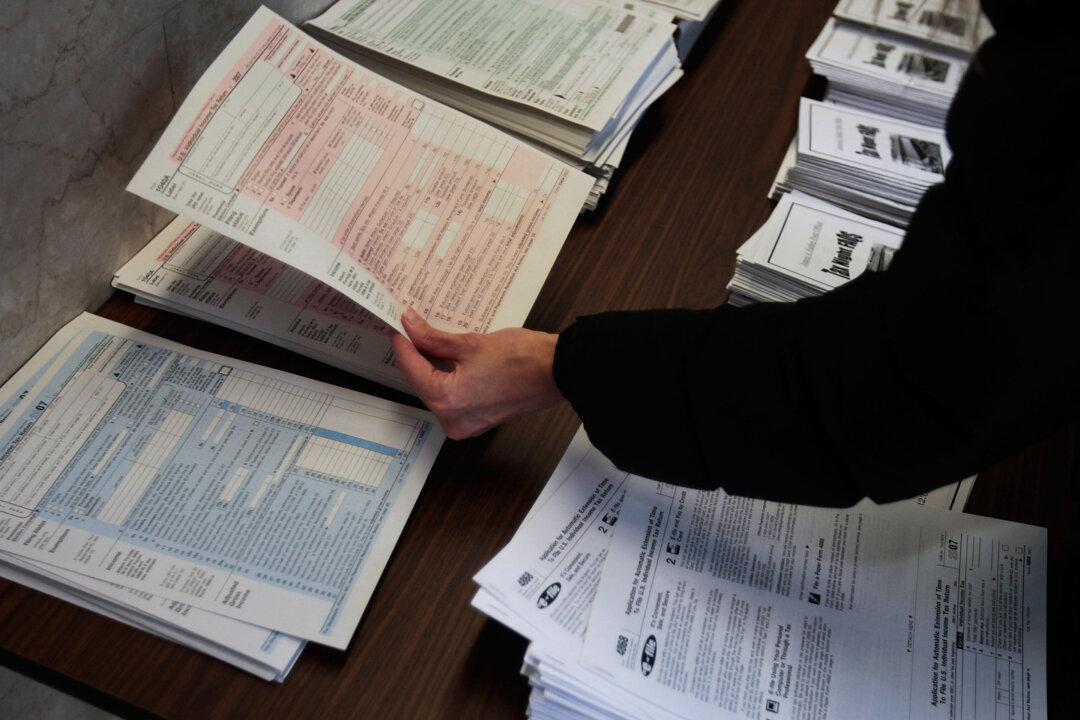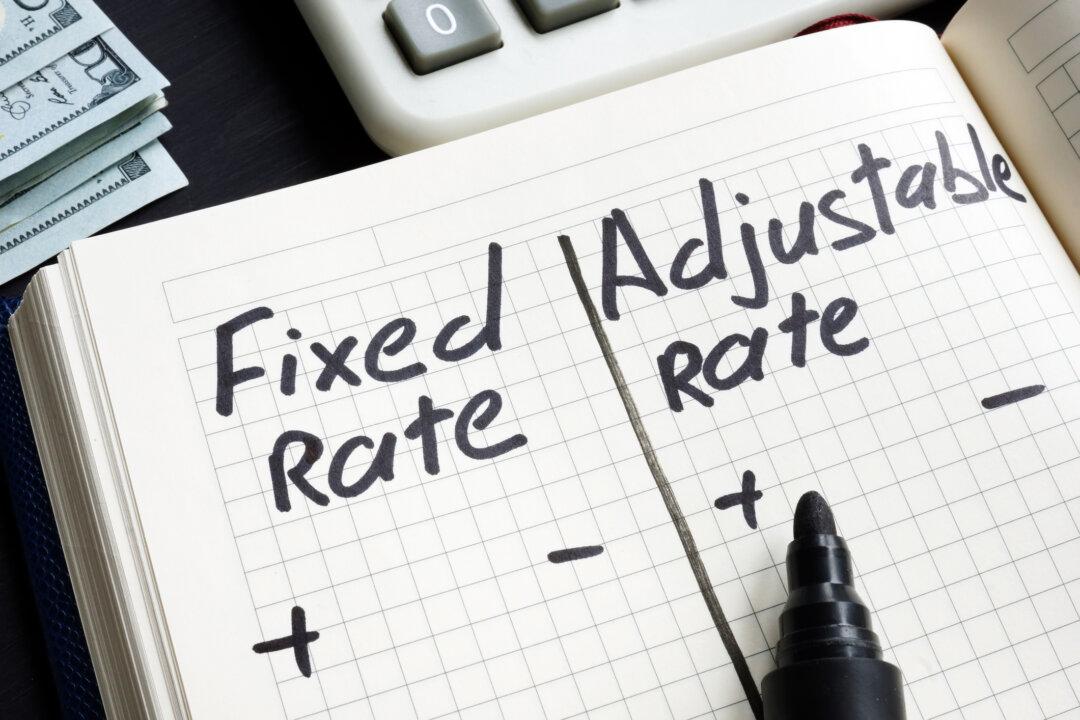By Kelley R. Taylor
From Kiplinger’s Personal Finance
Q: I Have a Side Job and I’m Paid via Venmo. Will I Be Getting a 1099-K Form to Report This Income on My Tax Return?
Answer: Not yet. At the end of 2022, the IRS delayed implementation of the so-called $600 rule, which had caused a lot of confusion. That rule would have meant people with small businesses, side hustles or part-time jobs and who were paid at least $600 for goods and services through a third-party network (think PayPal, Square, Venmo, Stripe, etc.), would have received a Form 1099-K in January.The one-year delay comes after lawmakers and advocacy groups expressed concern that millions of taxpayers would unexpectedly receive 1099-K forms and that some businesses and the IRS might not have been prepared for the onslaught of new reporting.






